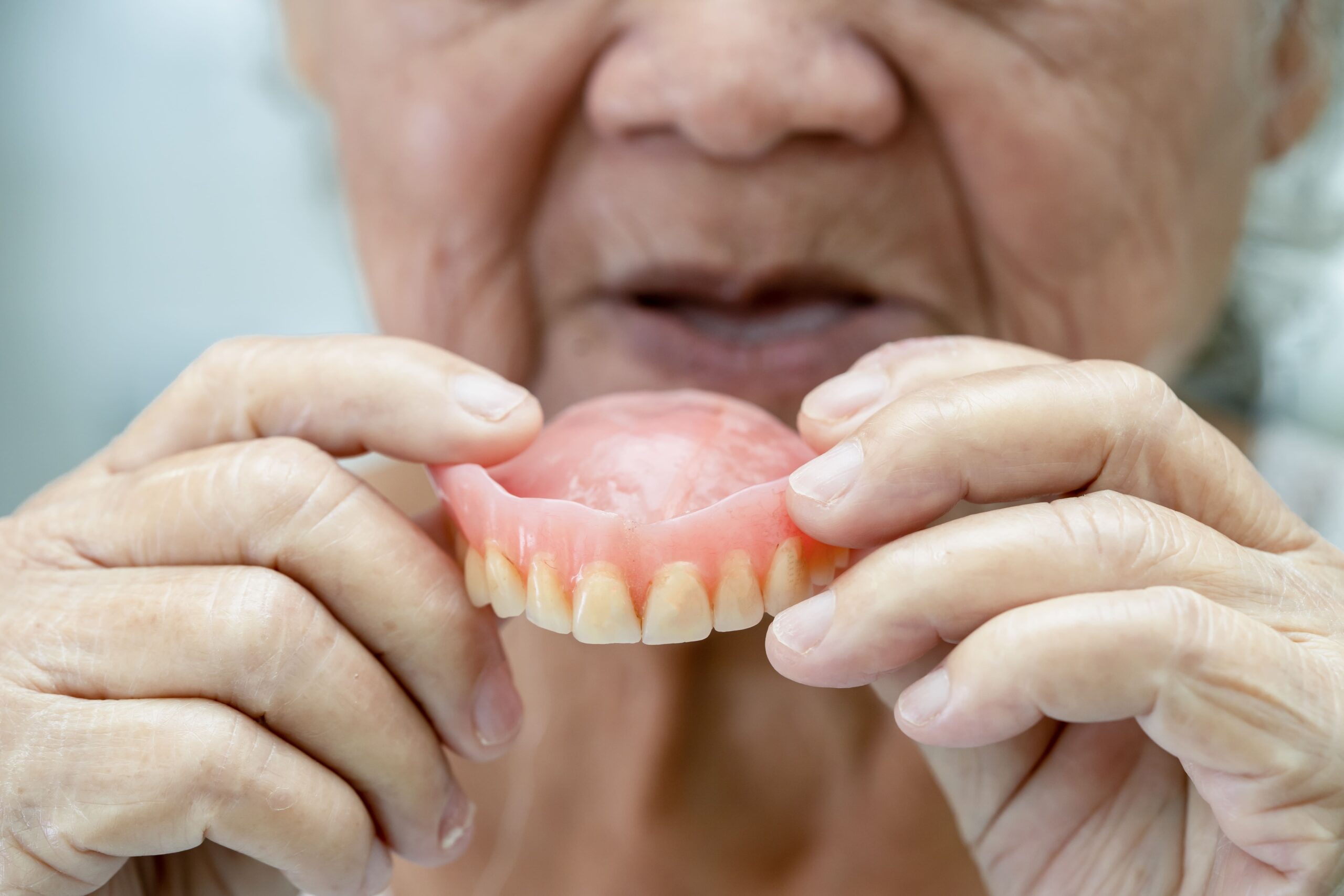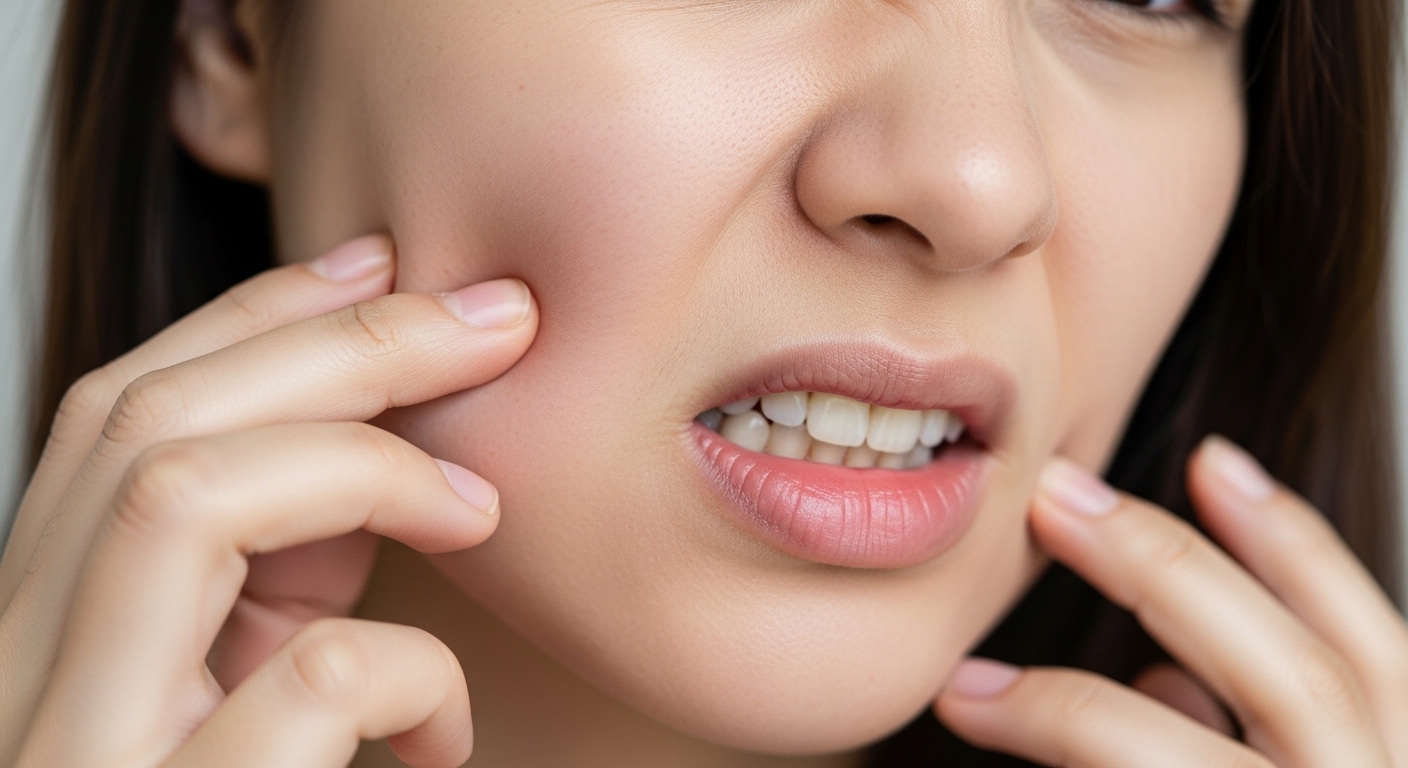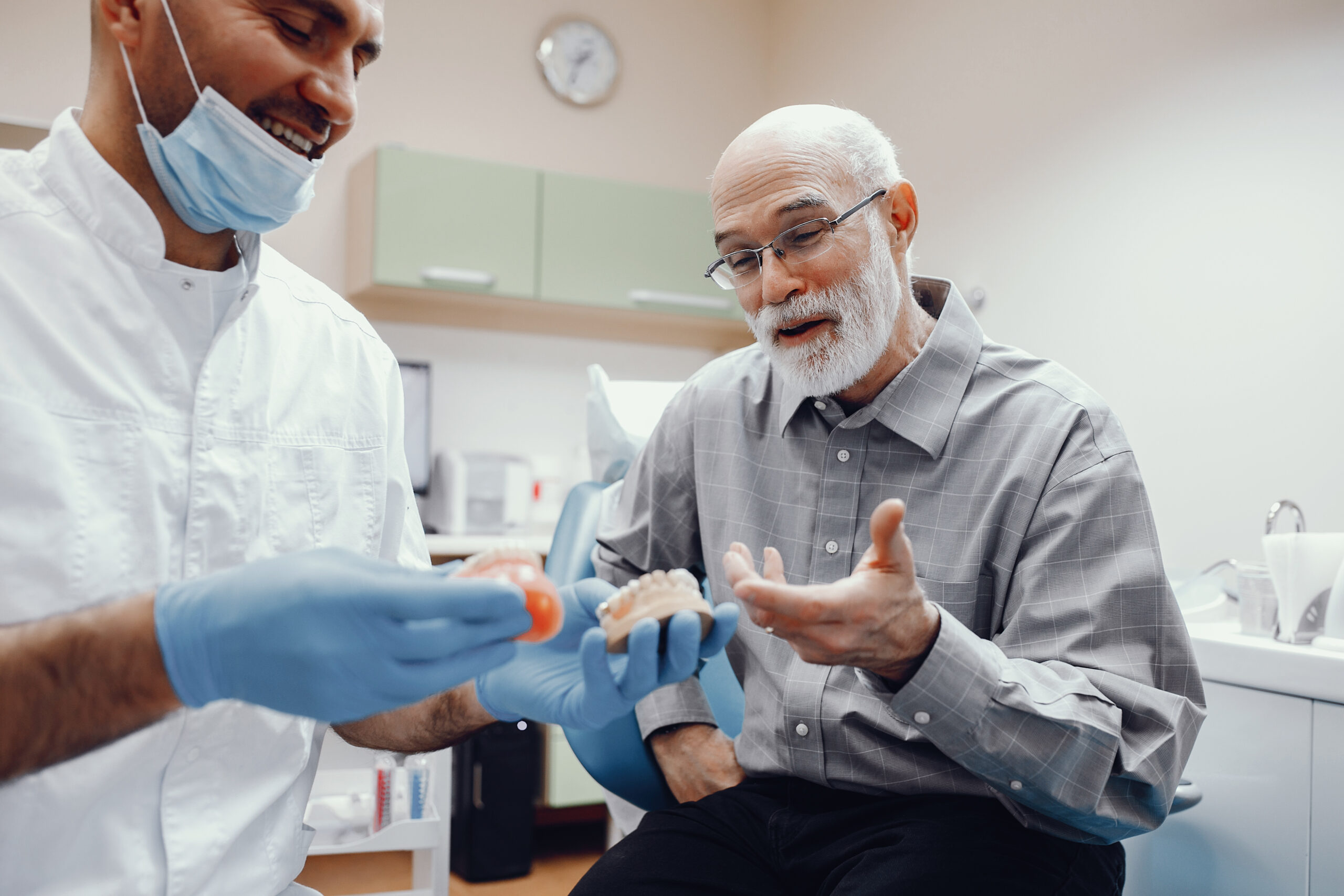If you are asking yourself, what should I soak my dentures in at night, the most reliable answer is to use a denture-cleaning solution recommended by your dentist, or plain water if no cleanser is available. Overnight soaking is vital to keeping dentures clean, preventing bacterial build-up, and maintaining their shape.
This blog will explain the best solutions for soaking dentures overnight, what to avoid, and how to care for them properly. We will also discuss common patient questions, give practical tips, and highlight professional recommendations from Revesby Dental Centre, trusted by patients across Sydney.
Why Do Dentures Need to Be Soaked Overnight?
Dentures are made from acrylic, metal, or flexible materials that require constant moisture. Unlike natural teeth, dentures do not have a blood supply to stay hydrated. Soaking them overnight is not just about hygiene; it ensures durability and comfort.
Key benefits of overnight soaking include:
- Prevents acrylic dentures from drying out and losing their shape
- Reduces bacteria, plaque, and fungal growth
- Extends the overall lifespan of dentures
- Prevents bad odour and staining
- Allows gums and oral tissues to rest and recover
Best Solutions for Soaking Dentures Overnight
- Polident® – available in tablets that dissolve in water, releasing cleaning agents
- Steradent® – an effervescent cleanser effective against plaque and odours
- Corega® – another brand designed for deep cleaning dentures
Advantages of denture cleansers:
- Kill up to 99.9% of odour-causing bacteria
- Remove stains caused by coffee, tea, or smoking
- Gentle on denture materials when used correctly
Dentists advise against brushing dentures with regular toothpaste as it can be too abrasive. Instead, pair overnight soaking with a daily brushing using a soft denture brush.
2. Plain Water
If you run out of cleanser, soaking dentures in plain water overnight is safe and keeps them moist. However, it does not disinfect or remove plaque. Use this method only temporarily until you can purchase a cleanser.
3. Mild Saltwater Solution
A mild saltwater soak can help reduce bacteria naturally. Simply dissolve half a teaspoon of salt in a glass of lukewarm water. Avoid hot water, as it can warp dentures.
4. Things You Should Never Use
Some DIY cleaning methods can permanently damage dentures. Avoid soaking denture
- Bleach or chlorine-based cleaners – may weaken acrylic and discolour dentures
- Vinegar – can corrode metal parts in partial dentures
- Hot water – warps and distorts dentures
- Mouthwash with alcohol – dries out and cracks denture material
Comparison Table: Best and Worst Soaking Options
| Solution | Safe? | Effectiveness | Notes |
| Denture cleanser tablets (Polident®, Steradent®) | ✔️ Yes | ⭐⭐⭐⭐⭐ | Best choice for hygiene and freshness |
| Plain water | ✔️ Yes | ⭐⭐ | Keeps dentures moist but does not disinfect |
| Saltwater | ✔️ Yes | ⭐⭐⭐ | Natural option, less effective than cleansers |
| Bleach | ❌ No | ⭐⭐⭐ | Harsh, damages denture material |
| Vinegar | ❌ No | ⭐⭐ | Corrodes metal parts |
| Hot water | ❌ No | ⭐ | Warps dentures permanently |
Step-by-Step: Proper Overnight Denture Care
1. Remove dentures carefully after your evening meal.
2. Rinse under lukewarm running water to remove food particles.
3. Brush with a soft denture brush and non-abrasive denture paste or mild soap.
4. Place dentures in a container filled with a cleansing solution or plain water.
5. Soak overnight (6–8 hours).
6. Rinse thoroughly in the morning before wearing them again.
Can I Leave My Dentures in Water Overnight?
Yes, leaving dentures in water overnight is safe and helps prevent warping. However, plain water does not disinfect them. For long-term denture care, dentists recommend alternating between water and a professional cleanser, or using cleansers nightly for maximum hygiene.
Expert Insights: Australian Dental Guidelines
The ADA recommends:
- Removing dentures overnight to prevent fungal infections
- Storing dentures in water or a denture-cleaning solution
- Avoiding household cleaning products on dentures
- Visiting a dentist regularly for adjustments and professional cleaning
Following these guidelines ensures your dentures remain functional, comfortable, and safe for daily use.
Lifestyle Tips for Denture Wearers in Australia
- Avoid smoking – it stains dentures and contributes to oral health problems.
- Limit coffee, tea, and red wine – these beverages cause surface staining.
- Stay hydrated – dry mouth increases plaque build-up on dentures.
- Maintain good oral hygiene – clean gums, tongue, and palate daily.
- Book regular denture check-ups – adjustments prevent sore spots and ensure proper fit
When to See a Dentist About Your Dentures
Even with good home care, dentures require professional attention. Book a visit if you notice:
- Persistent bad breath or staining
- Cracks, chips, or loose-fitting dentures
- Gum irritation or pressure sores
- Clicking or difficulty when speaking
- Pain when chewing
At Revesby Dental Centre, we provide professional denture relines, adjustments, and replacements to keep your smile healthy and functional.
FAQs
1. What should I soak my dentures in at night if I don’t have cleanser?
Plain water is a safe option until you can buy a denture-cleaning solution.
2. Can I use vinegar to soak dentures?
Not recommended, especially for partial dentures with metal clasps. Vinegar can corrode the metal.
3. Should I sleep with dentures in my mouth?
No. Removing dentures overnight prevents gum irritation and reduces infection risk.
4. How long do dentures need to be soaked?
Soak them overnight (about 6–8 hours) for best results.
5. Can I brush dentures with toothpaste instead of soaking them?
No. Regular toothpaste is too abrasive and can scratch dentures. Always use a denture brush and cleanser.
6. What is the cheapest denture-cleaning option in Australia?
Generic denture-cleaning tablets at Chemist Warehouse start at around $6 per box.
7. Do flexible dentures need soaking too?
Yes. All types of dentures require moisture to stay in shape and remain hygienic.
For further reading, explore:



